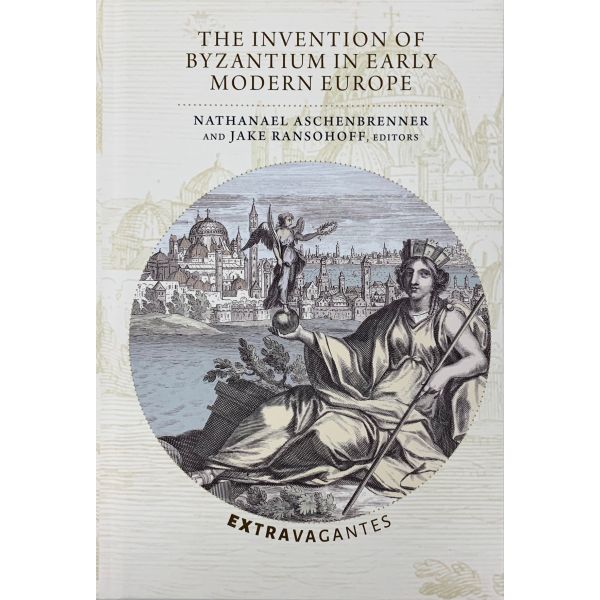The Invention of Byzantium in Early Modern Europe
Extravagantes 2
Edited by Nathanael Aschenbrenner and Jake Ransohoff
A gulf of centuries separates the Byzantine Empire from the academic field of Byzantine studies. This book offers a new approach to the history of Byzantine scholarship, focusing on the attraction that Byzantium held for Early Modern Europeans and challenging the stereotype that they dismissed the Byzantine Empire as an object of contempt.
The authors in this book focus on how and why the Byzantine past was used in Early Modern Europe: to diagnose cultural decline, to excavate the beliefs and practices of early Christians, to defend absolutism or denounce tyranny, and to write strategic ethnography against the Ottomans. By tracing Byzantium’s profound impact on everything from politics to painting, this book shows that the empire and its legacy remained relevant to generations of Western writers, artists, statesmen, and intellectuals as they grappled with the most pressing issues of their day.
Refuting reductive narratives of absence or progress, this book shows how “Byzantium” underwent multiple overlapping and often discordant reinventions before the institutionalization of “Byzantine studies” as an academic discipline. As this book suggests, it was precisely Byzantium’s ambiguity—as both Greek and Roman, ancient and medieval, familiar and foreign—that made it such a vibrant and vital part of the Early Modern European imagination.
About the Authors: Nathanael Aschenbrenner is Mary Seeger O’Boyle Postdoctoral Research Fellow at the Seeger Center for Hellenic Studies, Princeton University. Jake Ransohoff is a doctoral candidate in the Department of History at Harvard University.
HARDCOVER
$40.00
ISBN 9780884024842
Publication Date: 01/11/2022
400 pages
6” x 9”
25 color photos, 1 photo, 1 illus.


